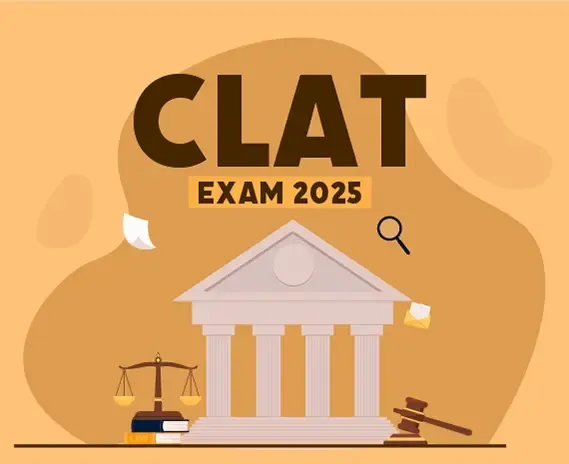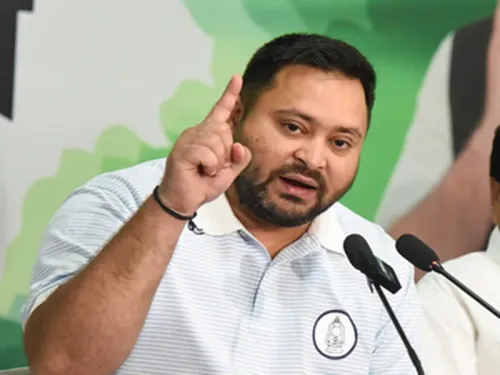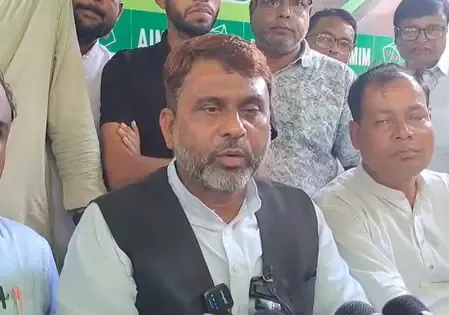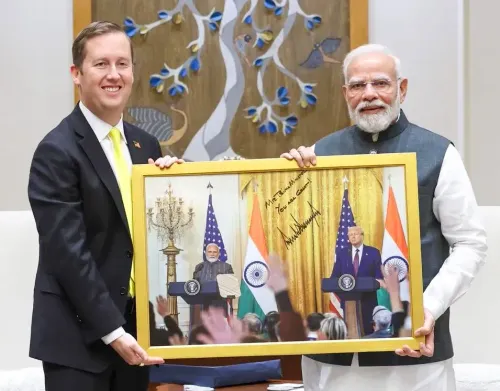Unprecedented Ruling: Delhi High Court Directs Revision of CLAT-2025 Results

New Delhi, Dec 22 (NationPress) The Delhi High Court has mandated the Consortium of National Law Universities to amend the results of the CLAT (Common Law Admission Test)-2025 examination.
"The inconsistencies in Question Nos 14 and 100 are undeniably evident, and ignoring them would constitute an injustice to the petitioner, even though this court acknowledges that it may influence the outcomes for other candidates," stated a bench led by Justice Jyoti Singh as it directed the revision of the merit list.
The bench further indicated that since option ‘C’ of Question 14 has been validated as the correct response, all other candidates who selected option ‘C’ will also receive the benefit, noting that Question No.100 will be omitted as suggested by the expert committee.
Question No. 100 should be disregarded due to the lack of a correct answer among the provided choices, stated the high court.
The petitioner, Aditya Singh, a minor, contested the answer key released for CLAT-2025, which is for admission into five-year law programs conducted by the National Law Universities (NLUs) for the academic year 2025-26.
With a score of 87 marks, the petitioner argued that his current ranking would qualify him for admission into one of the NLUs; however, he aimed to enhance his rank to secure a place in the top three NLUs nationally.
The petitioner claimed he could potentially achieve a higher score of 93.25, which would elevate his current ranking if the alleged discrepancies are corrected.
Conversely, the Consortium of NLUs requested the court to refrain from intervening in the examination process, highlighting that a comprehensive internal review mechanism was in place and that the final results were published with meticulous attention.
In its ruling, the Delhi HC stated that there is no absolute prohibition against judicial examination of a challenge to the answer key in an examination process, even when expert opinions are available.
"Certainly, courts should practice restraint in academic matters, including examinations. (T)he law does not endorse a complete 'hands-off' policy, and in exceptional cases where questions are proven to be fundamentally incorrect, the resulting injustice to a candidate must be rectified," it added.
Regarding a specific question, the high court asserted that while completing a comprehension passage in a language assessment, a candidate is not obligated to scrutinize the terms or expressions based on legal reasoning, statutory provisions, or judicial precedents.
Partially granting the petitioner’s request, it instructed the Consortium of National Law Universities to award marks to him for Question No.14 based on the marking scheme and upheld the decision to exclude Question No. 100.









